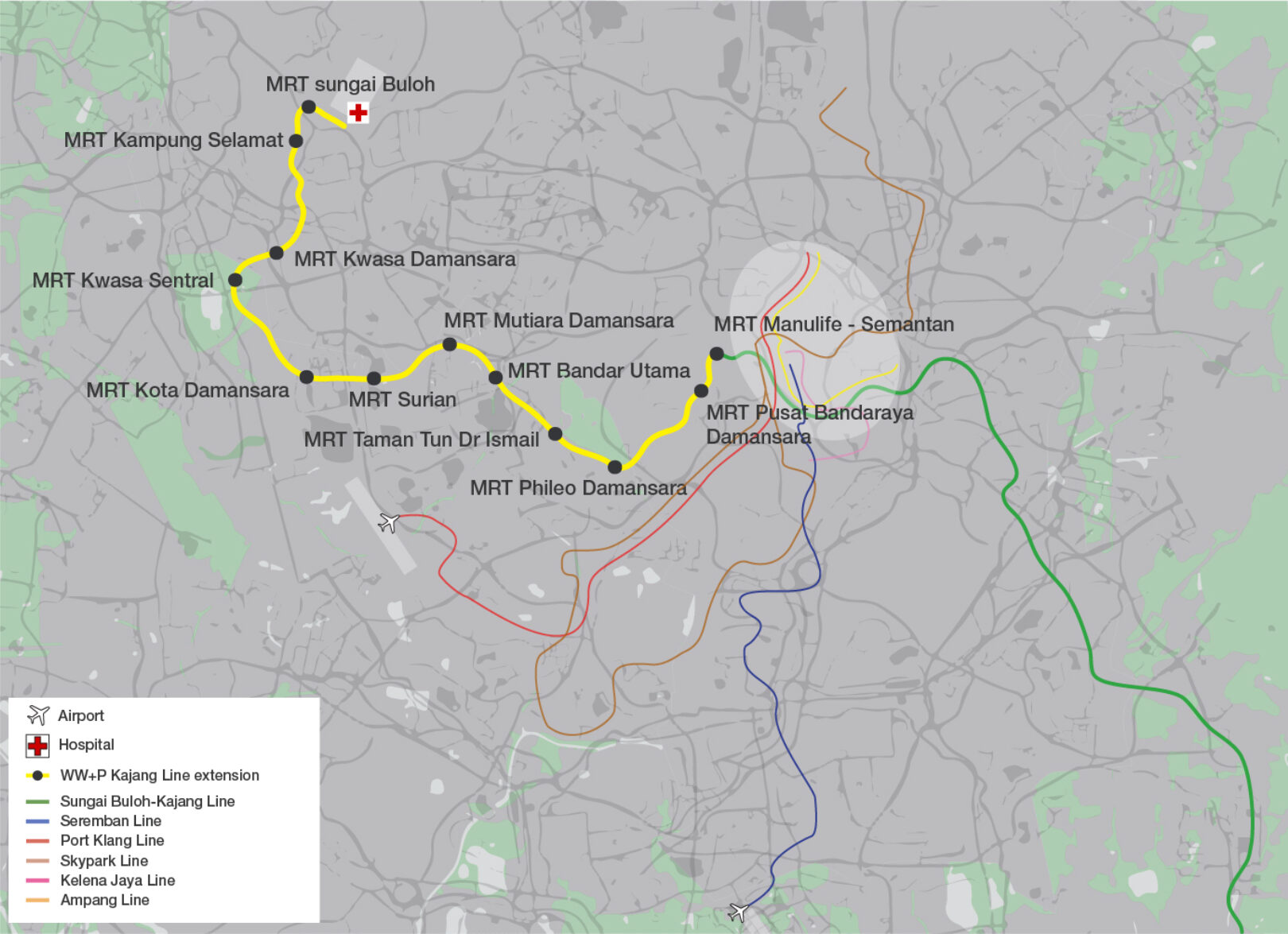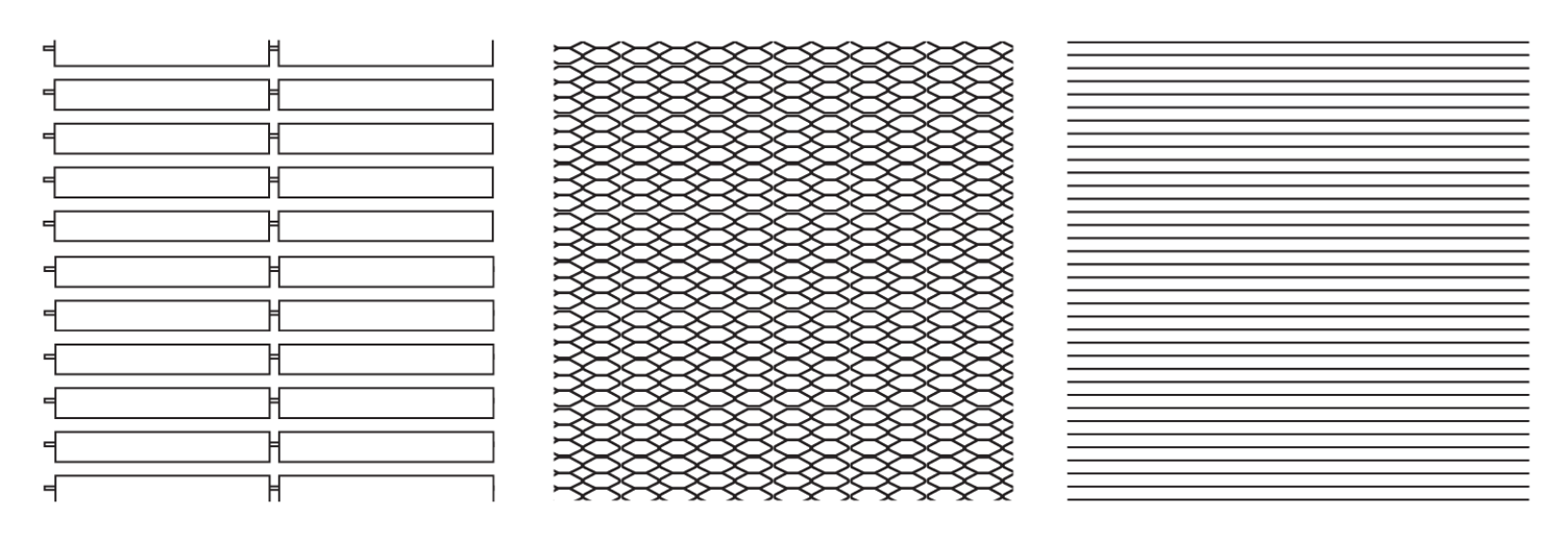Tackling historic congestion and severance
Kuala Lumpur has severe traffic congestion, with a network of busy roads throughout the commercial and historic city centre. A comprehensive MRT system was envisaged to radically improve and transform the existing inadequate public transport system and alleviate the traffic problems. To make the scheme a success passengers needed to be attracted away from private vehicles with a high-quality user experience, consistent line-wide identity and a strong contextual design.
As the Kajang Line is the first phase in this city-wide public transportation improvement scheme, a robust design strategy and series of design standards and specifications were required to maintain alignment and design quality as each new line opens.
Simple, elegant and sustainable design
At the earliest stages of the design process, we considered the optimum location for each of the stations, working to maximise the operational and passenger benefits through considered rail alignment and station setting.
Through generation and definition of the design standards and specifications for the operation of the system and passenger facilities we have ensured that the overall architectural quality is maintained and delivered across this line, and on future lines. The design standards delivered a line-wide identity, creating elegant and economic design solutions through the use of appropriate local materials.
This work has delivered a simple and sustainable approach to the station design, meeting safety standards, Government obligations and a high-quality passenger experience.
A key part of the MRT project was urban regeneration with the new stations acting as central hubs for connectivity. To achieve this ambition, we incorporated full urban realm integration for the stations, centred on the principals of transit orientated development.
Sustainable Design
The stations were designed to reflect the local climate conditions with low energy passive ventilation and environmental control measures adopted to all elevated stations.

